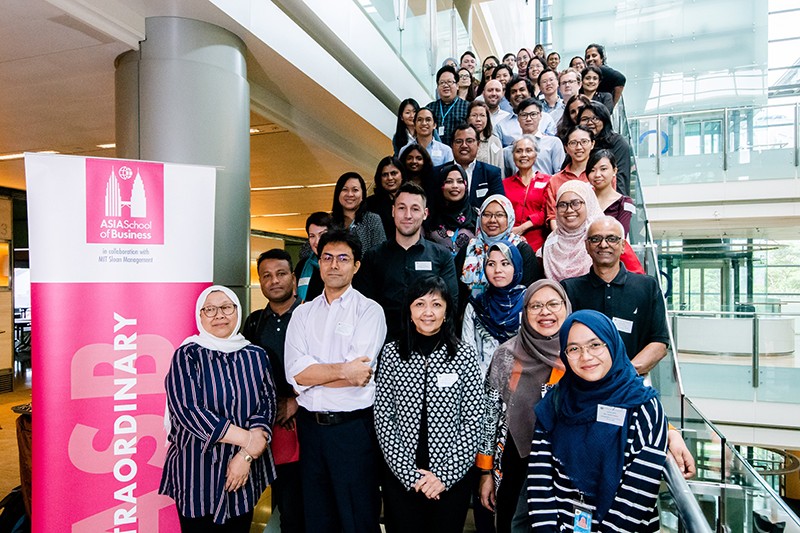KUALA LUMPUR: Asia School of Business (ASB) and UNHCR, the UN Refugee Agency, held the 2nd annual research workshop on refugee studies and forced migration in Southeast Asia, with a specific focus on Malaysia. The Workshop highlights the importance of producing high-quality research to support policy-making and the creation of impactful community interventions in this country and the region.
“The vast majority of academic work on refugee studies has been Euro-centric and has focused on the movements of refugees from the Middle East into Europe,” said Melati Nungsari, Assistant Professor of Economics at ASB, who is also the organiser of the event. “The documentation of socio-economic conditions, challenges faced, and proposed solutions for refugee problems in the Southeast Asian region has not been tackled to the same extent.
In Malaysia alone, we have more than 175,000 refugees and asylum-seekers. It is extremely important that we understand this population by conducting rigorous and ethical research in order to ensure policy-making or advocacy work done is relevant.” The main goal of the workshop, held for one and a half days on 23 and 24 July 2019, is to serve as a platform to connect local academics in hopes of expanding the body of ethical, well-informed, and evidence-based academic literature surrounding refugee studies and migration in Southeast Asia.
The research workshop was attended by some 75 participants from12 countries including Malaysian and international academics involved in research related to forced displacement in Malaysia and the region, civil society members working with refugee communities, as well as members of the refugee community themselves. “UNHCR is encouraged by the interest for more research work in the area of refugee protection in Malaysia,” said Thomas Albrecht, UNHCR Representative.
“The changing political landscape in Malaysia now presents unique opportunities to look at innovative new approaches to address both the legitimate interests of Malaysians and the protection needs of refugees, in ways that are mutually reinforcing. Working more closely in partnership with academics towards solid, evidence-based advocacy is critical in strengthening the foundations for policy change.”
The workshop covered academic poster presentations and relevant issues such as translating research into advocacy, as well as research on the impact of legal work for refugees, and issues around healthcare and livelihoods. 13 organisations run by or for the benefit of refugees also showcased their products to the public and the participants at a social enterprise marketplace that was held in conjunction with the workshop.
“We hope this annual Workshop becomes a space for networking and cross-fertilisation of ideas, and for strengthening of the collective knowledge base on refugee issues in the country, and where research gaps lie,” said Albrecht. “Beyond that, we hope this will be the start of a community of researchers and academics working to strengthen the work of civil society, humanitarian and development agencies, refugee communities, and the Government in Malaysia, through evidence-based refugee advocacy.”





